

Matt Campbell
2025 Porsche 911 Carrera T review
6 Days Ago
EVs are up nearly 200 per cent in 2021. The MG ZS and Porsche Taycan – EVs at opposite end of the price spectrum – lead the charge alongside Tesla, which unfortunately hides its sales data.

Senior Contributor
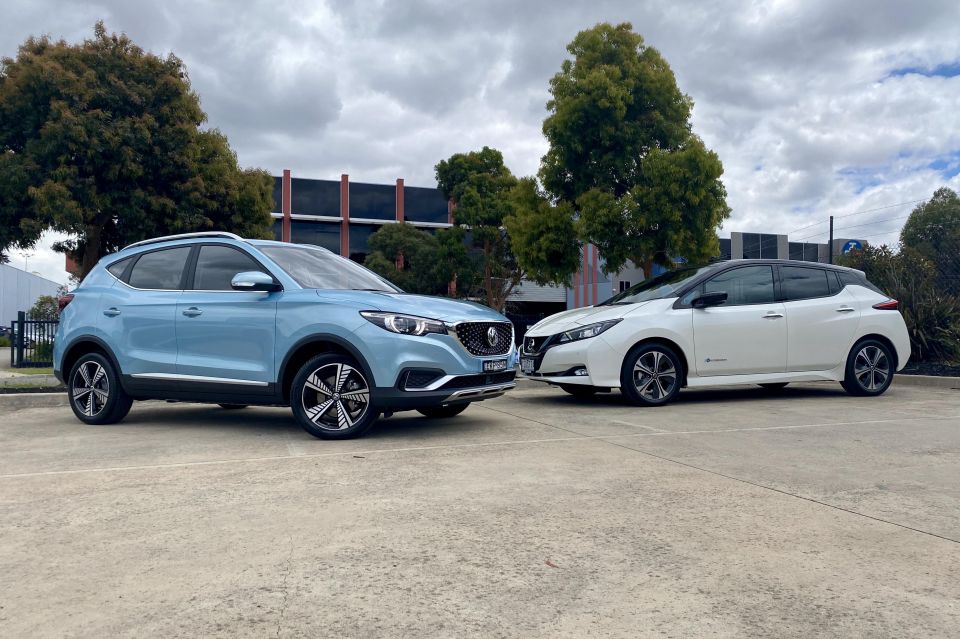

Senior Contributor
Electric vehicle (EV) sales recorded by the Federal Chamber of Automotive Industries were up a whopping 187.5 per cent over the first half of 2021.
According to VFACTS data released this week, pure EV sales over H1 of the calendar year were 2217 units, compared to just 771 over the same period in 2020.
In fact the half-year result eclipsed full-year EV sales from both 2020 (1769) and 2019 (1523), showing that battery powered vehicles are slowly finding their feet in this market – albeit at a slower rate than most other developed countries.
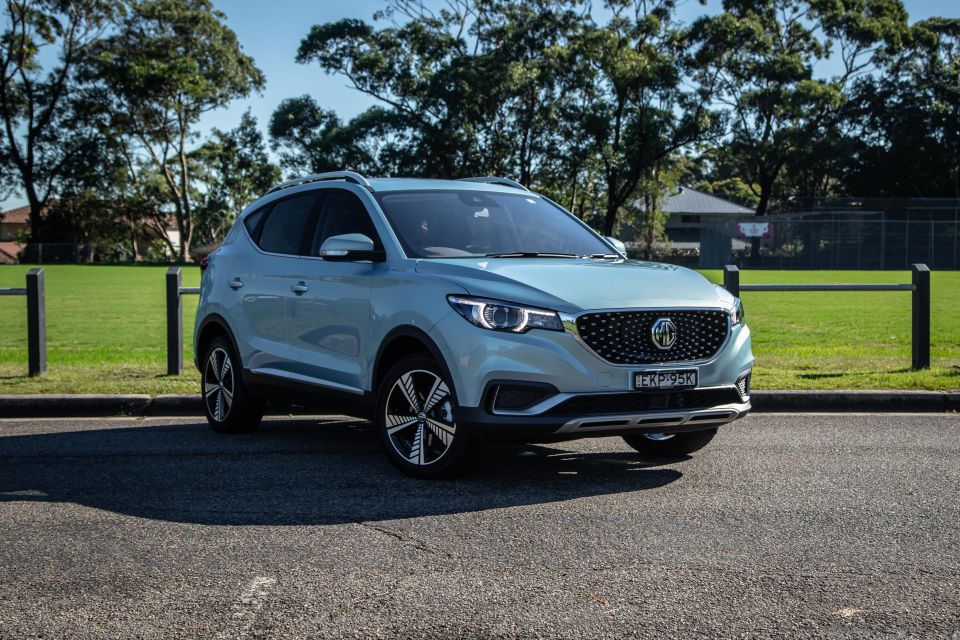
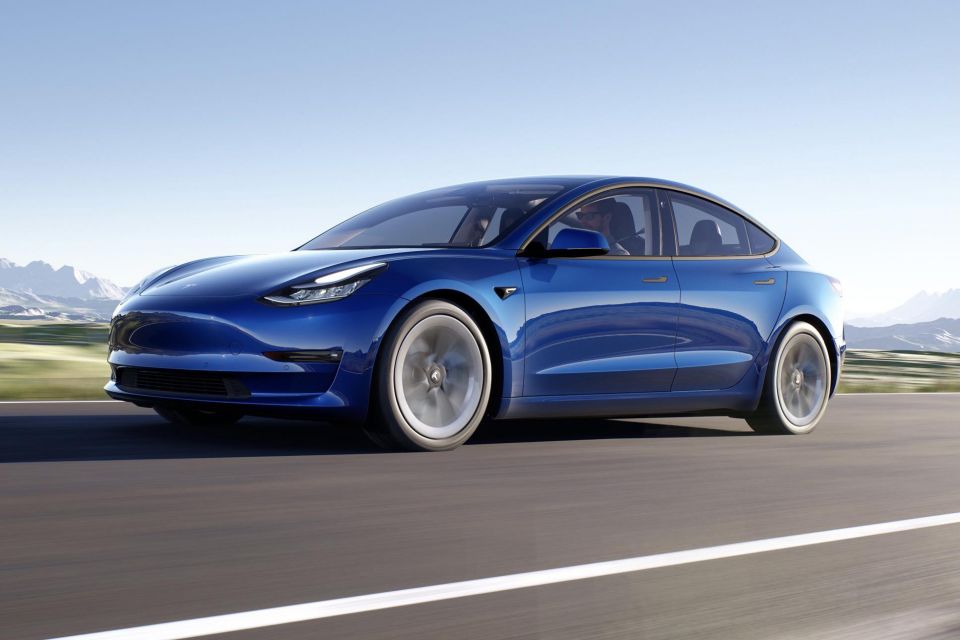
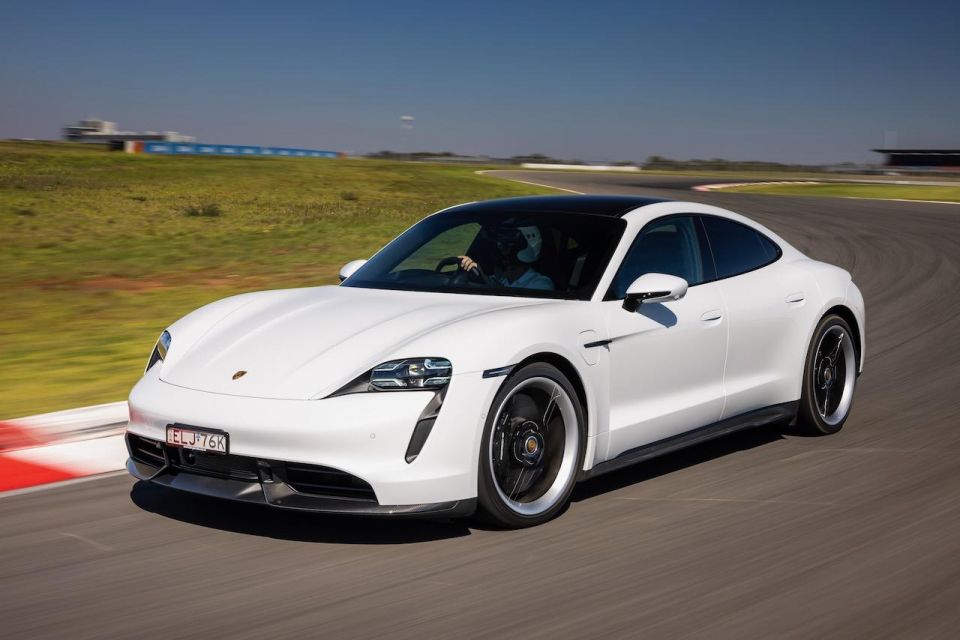
By contrast Australians have purchased 319,247 petrol vehicles, 187,147 diesel vehicles, 36,658 hybrid vehicles, and 1440 plug-in hybrid vehicles this year so far.
This isn’t the full story though. Tesla stubbornly refuses to disclose Australian sales data unlike every other major brand, meaning it’s a challenge to full report total EV sales. Its reasons are opaque.
However, we know the Tesla Model 3 is clearly the top-selling EV in the country, with reports suggesting about 4200 found homes over the first half of 2021. Big Model 3 shipments from China have been photographed at Australian docks.
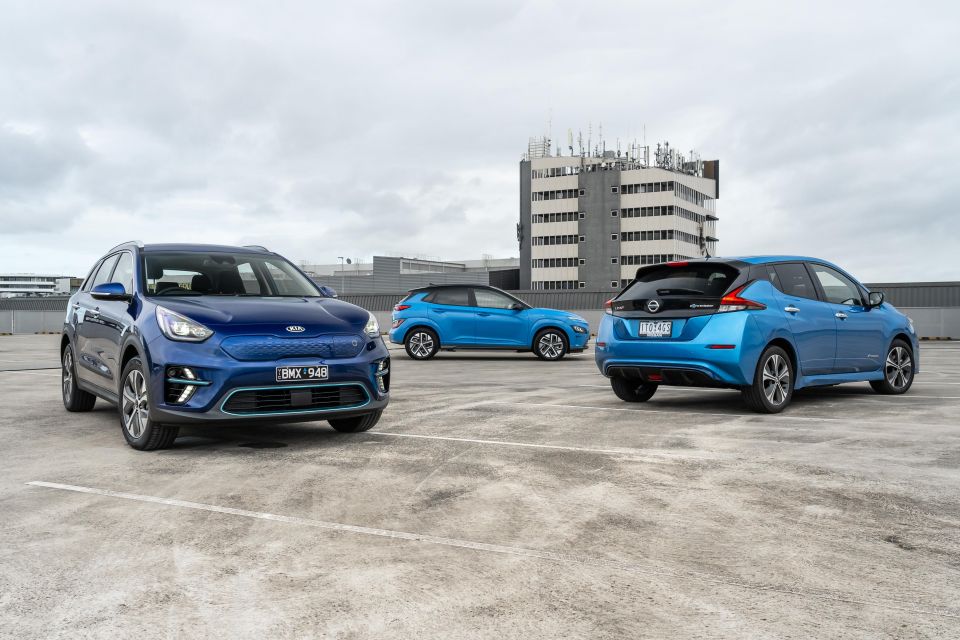
Fortunately, we have been able to get our hands on exact sales figures for every other EV on sale.
The top-selling non-Tesla electric vehicle over the first half of 2021 was the MG ZS EV, with 711 sales to fleet customers and private buyers. This means that nearly 8.0 per cent of all MG ZS models sold were electric.
The fact that the top-selling non-Tesla EV is the cheapest on sale ($44,990 drive-away) shouldn’t surprise. What is surprising is the fact that number two is the most expensive: Porsche’s new Taycan.
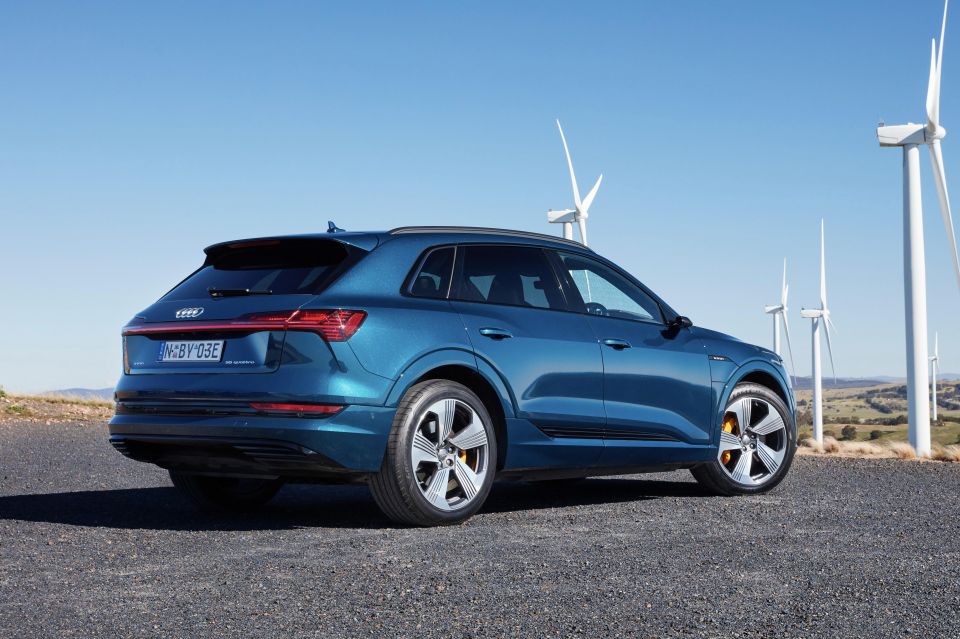
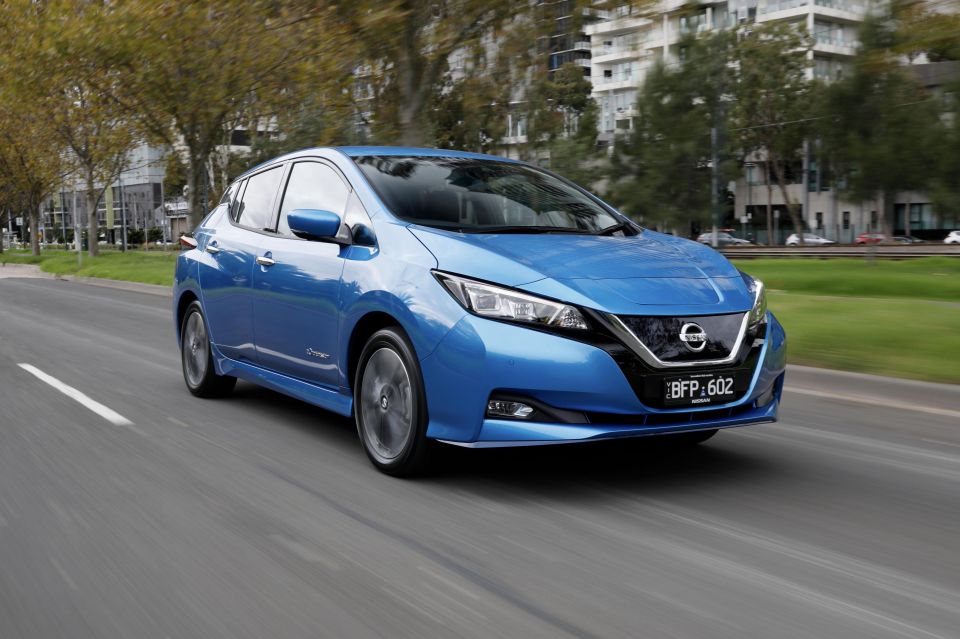
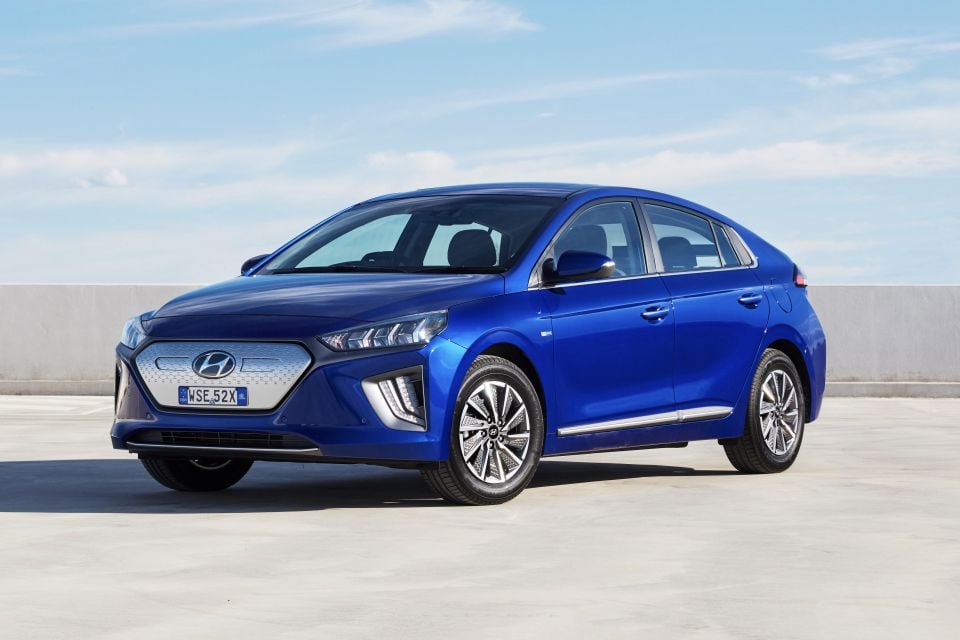
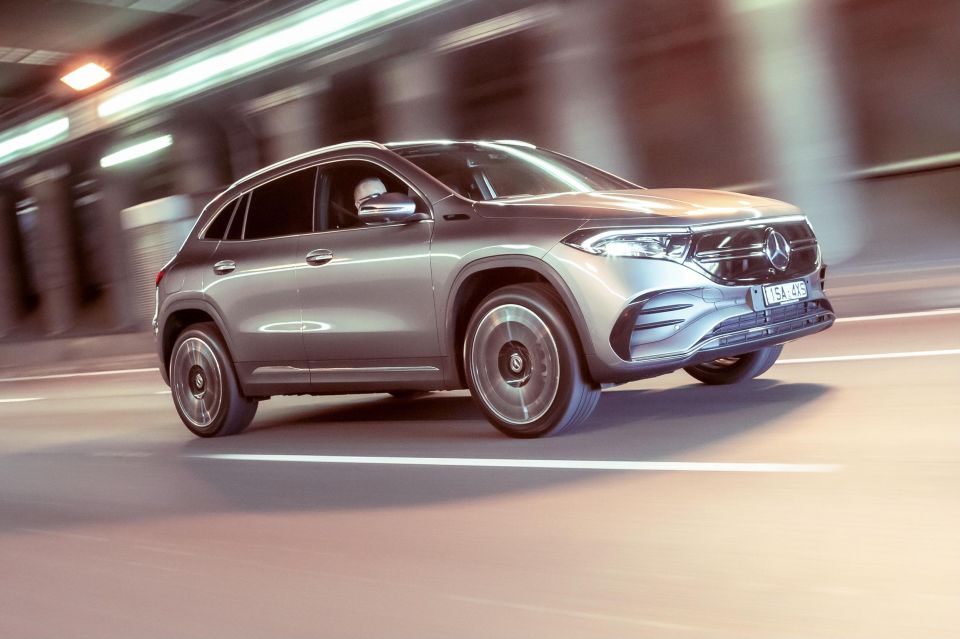
Porsche has sold 369 Taycans this year. For context it has sold 229 units of the 911, 62 Boxster convertibles, and 85 Cayman coupes.
Next are the Nissan Leaf of 239 sales, Hyundai Kona Electric (227), Hyundai Ioniq Electric (134), Mercedes-Benz EQC (127), Mercedes-Benz EQA (88), Mini Electric (83), Kia Niro EV (72), Audi e-tron (69), BMW i3 (32), and the Renault Kangoo ZE and Jaguar I-Pace (29 each).
| Model | Sales YTD |
|---|---|
| MG ZS | 711 |
| Porsche Taycan | 369 |
| Nissan Leaf | 239 |
| Hyundai Kona | 227 |
| Hyundai Ioniq | 134 |
| Mercedes-Benz EQC | 127 |
| Mercedes-Benz EQA | 88 |
| Mini Electric | 83 |
| Kia Niro | 72 |
| Audi e-tron | 69 |
| BMW i3 | 32 |
| Renault Kangoo ZE | 29 |
| Jaguar I-Pace | 29 |
| Mazda MX-30 | 7 (launched in July) |
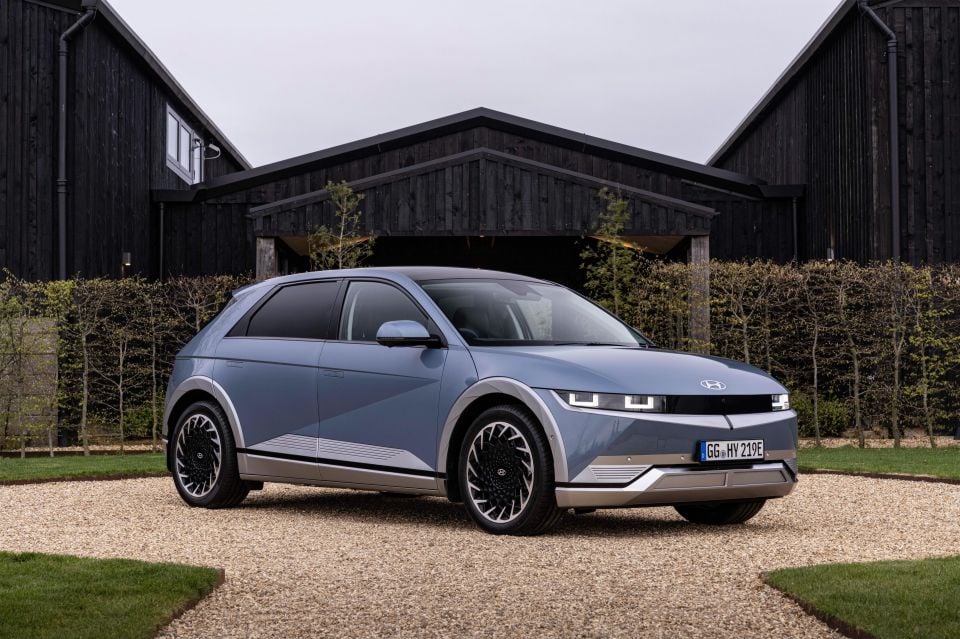
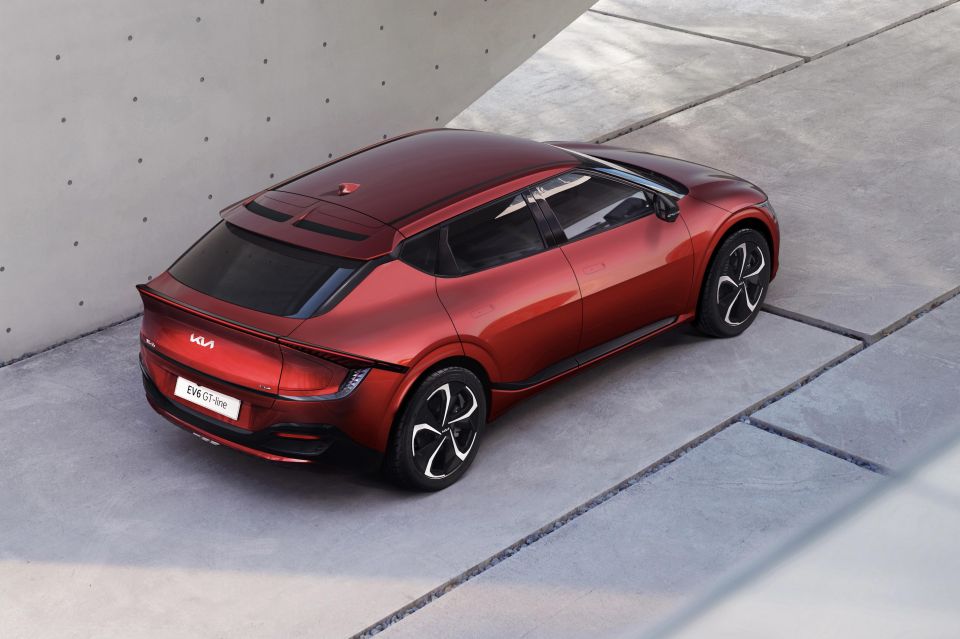
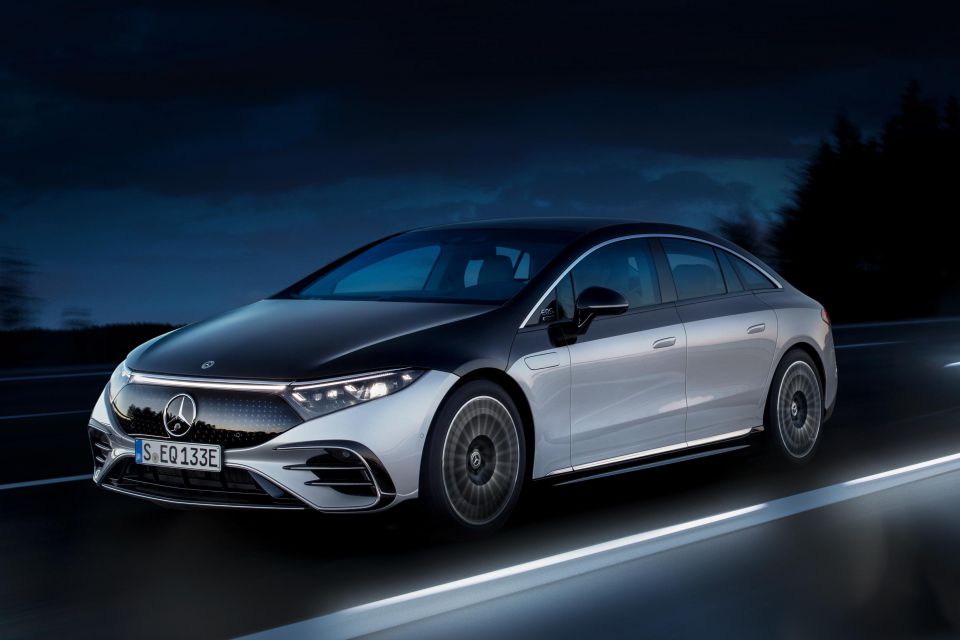
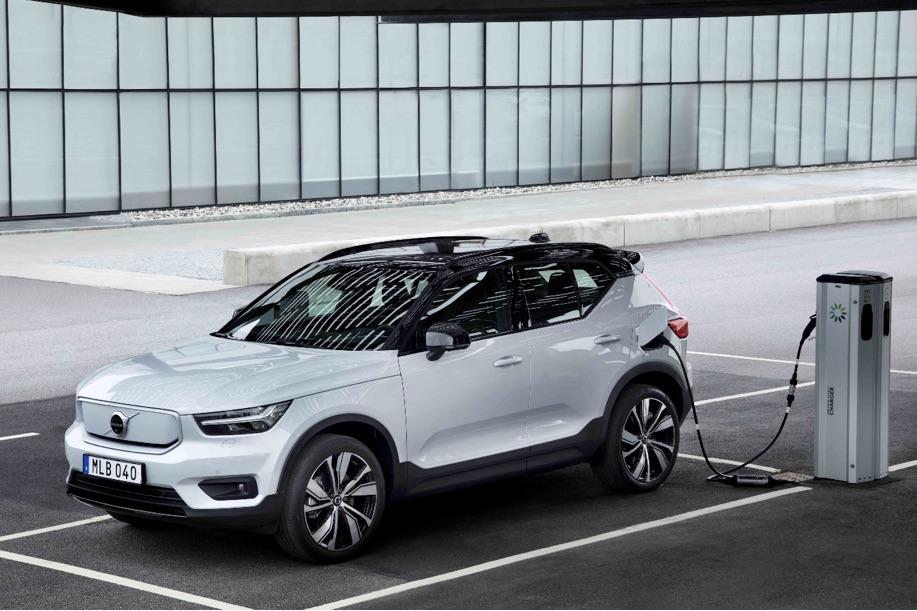
We can expect to see huge growth in 2022 however. Here’s a shortlist of some EVs coming to Australia soon.
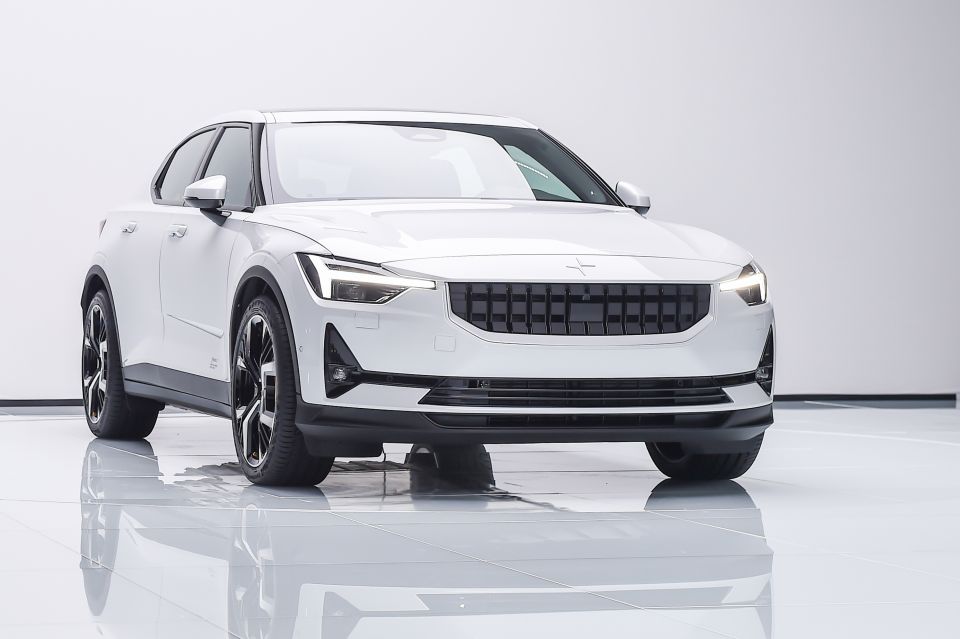
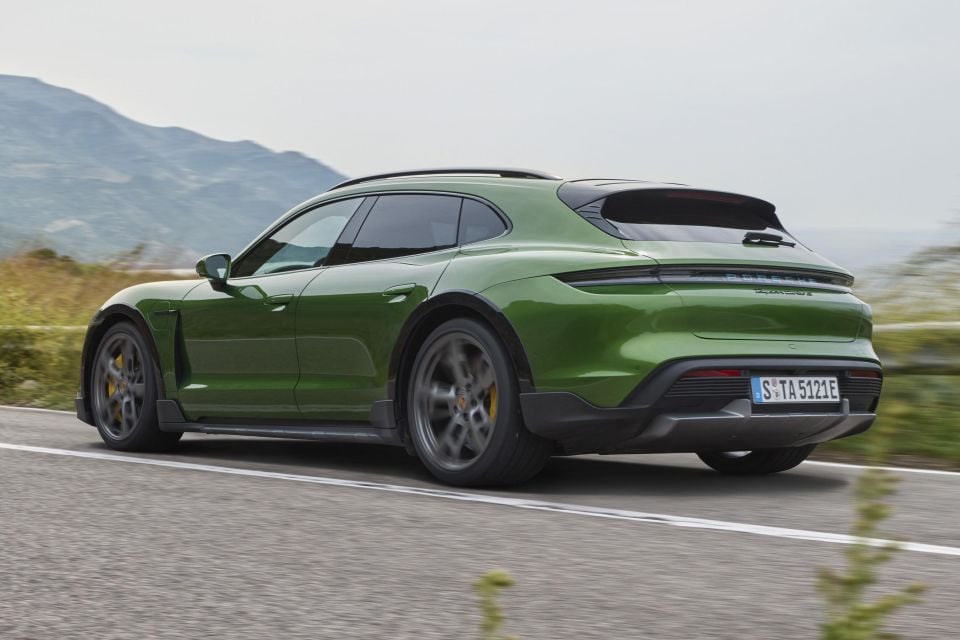
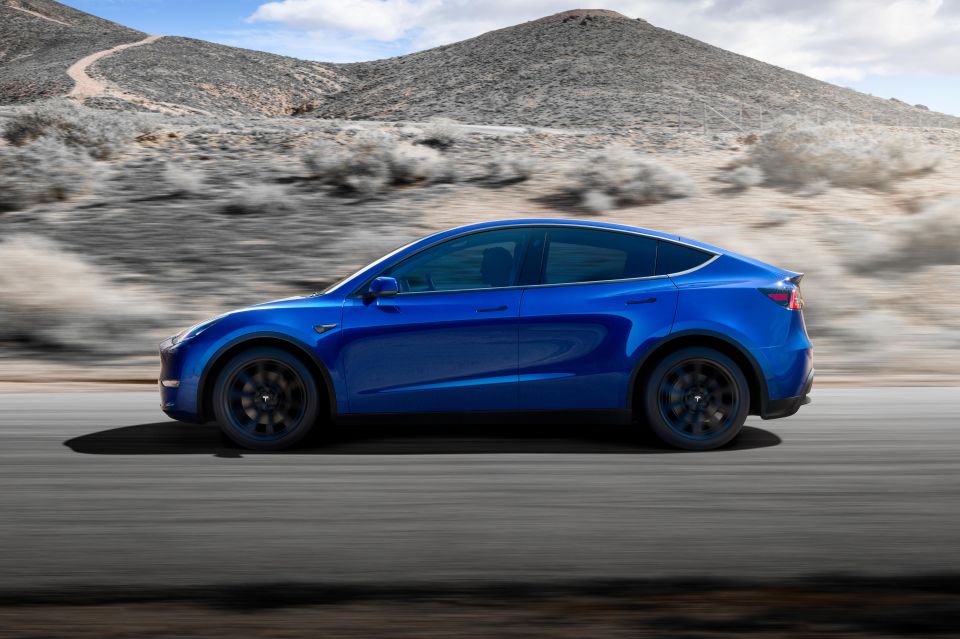
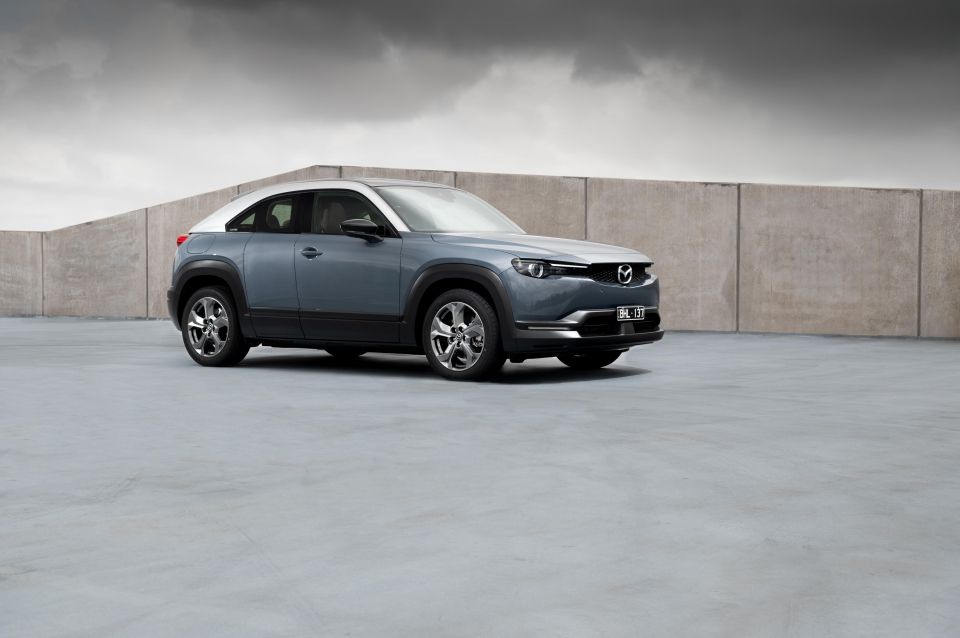
MORE: Australian electric vehicle launch calendar MORE: Emissions targets explained, Q&A with FCAI chief Tony Weber MORE: Australia-wide EV policy needed to avoid ‘chaos’, says FCAI MORE: NSW announces sweeping electric-vehicle stimulus package MORE: Ford CEO calls out Australia for lack of EV infrastructure MORE: Victoria commits to electric car subsidies, 2030 sales target MORE: Victoria’s ‘worst EV policy in the world’ slammed MORE: Australian industry keeps calling for new government CO2 targets MORE: ACT moving public-servant fleet to EVs, will slash running costs MORE: How Australia’s federal opposition proposes to slash EV prices


Matt Campbell
6 Days Ago


James Wong
5 Days Ago


Max Davies
3 Days Ago
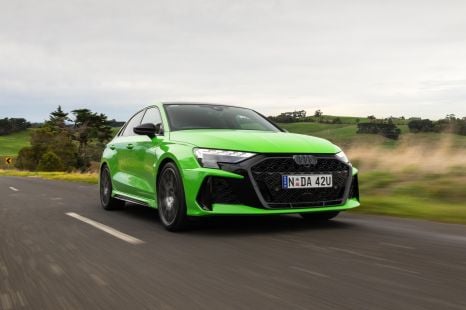

Josh Nevett
2 Days Ago
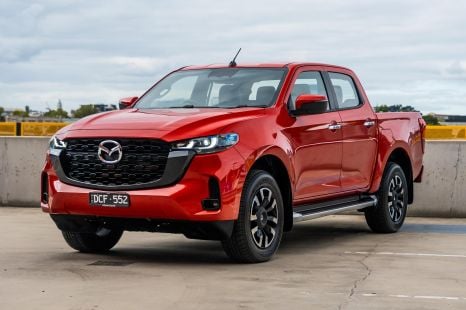

Josh Nevett
2 Days Ago
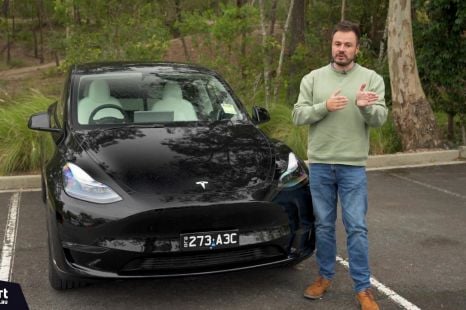

Paul Maric
13 Hours Ago